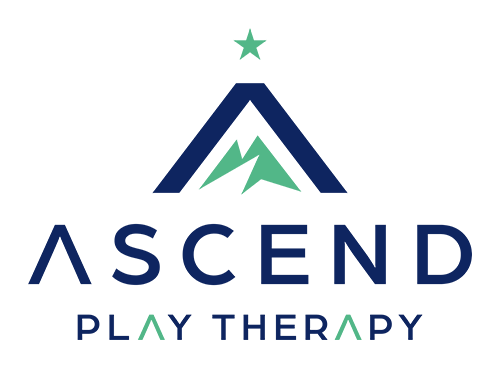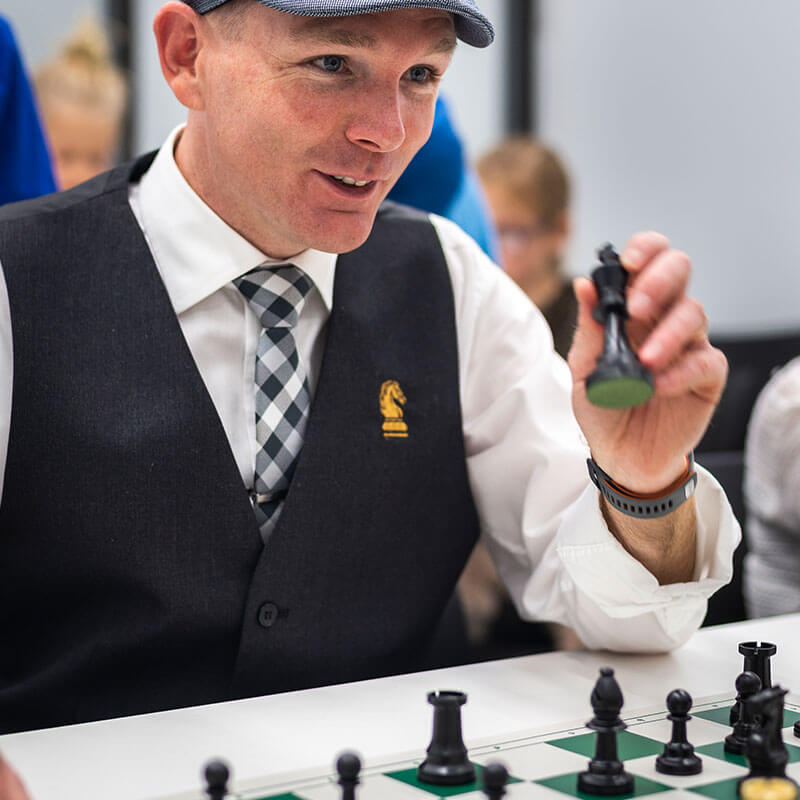
Ascend Play Therapy
small steps, big journeys
Ascend Play Therapy exists to help children take small steps towards big journeys. All therapies are evidence-based and are shaped with the client at the heart of all that we do – including our onboarding processes.
Our Therapy Programs

Play Therapy (CCPT)

Educational Therapy

Lego Therapy

Our Play Therapist
Edward (Ted) Carter is a qualified teacher, Play Therapist and Director of Ascend Play Therapy. His qualifications as an educator and many years of targeted academic support for children, as well as adults, establishes him as a skilled Educational Therapist.
Ted and his amazing team of educators have worked hard to make kids smile and smarter, since 2017, through the sister company, Ascend Learning.
All therapies are evidence-based and are shaped with the client at the heart of all that we do – including our onboarding processes.
What is
Play Therapy?
Child Centred Play Therapy (CCPT) is a therapeutic guide for children who may be challenged with trauma, social and emotional issues, family separation and/or a wide range of disabilities. Typically, children aged 2- 12 years benefit most from play therapy, however, older children and adults also benefit from this theoretical approach.
Play Therapy sessions give children a safe, secure and confidential space to process their thoughts, feelings and experiences. The result is children who may process their trauma, heal from hurts and thrive in their everyday life.
Who Does Play Therapy Help?
CCPT helps children going through difficulties associated with:
- Low self-esteem and self-confidence
- School and social difficulties
- Selective mutism
- Trauma or attachment issues
- Divorce and separation
- Anxiety and depression
- Grief and loss
- Chronic illness
- Sexual or physical abuse
- Gender variance
CCPT is also beneficial for children with a diagnosis of:
- Autism
- ADHD
- ADD
- Global Development Delay
- Cerebral Palsy
- Down Syndrome
- PTSD
Examples of Objectives in Play Therapy
Increase child's ability to emotionally self or co-regulate
Decrease the frequency/intensity of meltdowns or behaviours
Enhance social and play skills
Grow attachment/relationship between child and caregiver(s)
Increase the child's self-esteem and sense of self
Decrease nighttime disturbances (eg. nightmares)
What is
Educational Therapy?
Educational Therapy aims to develop a learner’s individual skills as well as identify and address barriers to learning. These may include, cognitive, behavioural and/or emotional challenges.
Educational Therapy is offered by highly specialised and skilled professionals who have experience and qualifications in both specialised education as well as counselling or other mental health fields.
Who Does Educational Therapy Help?
Educational Therapy is shaped for students who are experiencing difficulties with:
- Literacy
- Numeracy
- Executive functioning
- Cognitive challenges
- School refusal and anxiety
Educational Therapy is beneficial for children with a diagnosis of:
- ADHD, ADD, ASD
- Depression
- PTSD
- Dyslexia, dyscalculia and dysgraphia
- Neurobiological diagnosis
Examples of Objectives in Play Therapy
Improve self-esteem and confidence
Decrease feelings of helplessness and hopelessness
Improve academic abilities and strategies for success
Develop and strengthen healthy coping strategies
Develop skills for self advocacy about best ways of learning
Structure & Process
1.
Intake Meeting
2.
Child Session 1-5
3.
Parent/carer update
4.
Child session 6-10
5.
Parent/carer update
6.
Written report
7.
Repeat
Understanding the Intake
The intake is an online or face-to-face meeting with the parents/carers of the child – without the child present. This important meeting aims to gain information about the child, family history as well as their current health situation. By the conclusion of the intake meeting, specific goals as well as mutually agreeable session days and times have been agreed upon before the commencement of Education Therapy.
The intake also provides opportunity for the therapist to build a relationship with parents/carers and to answer any questions they may have prior to the first session.